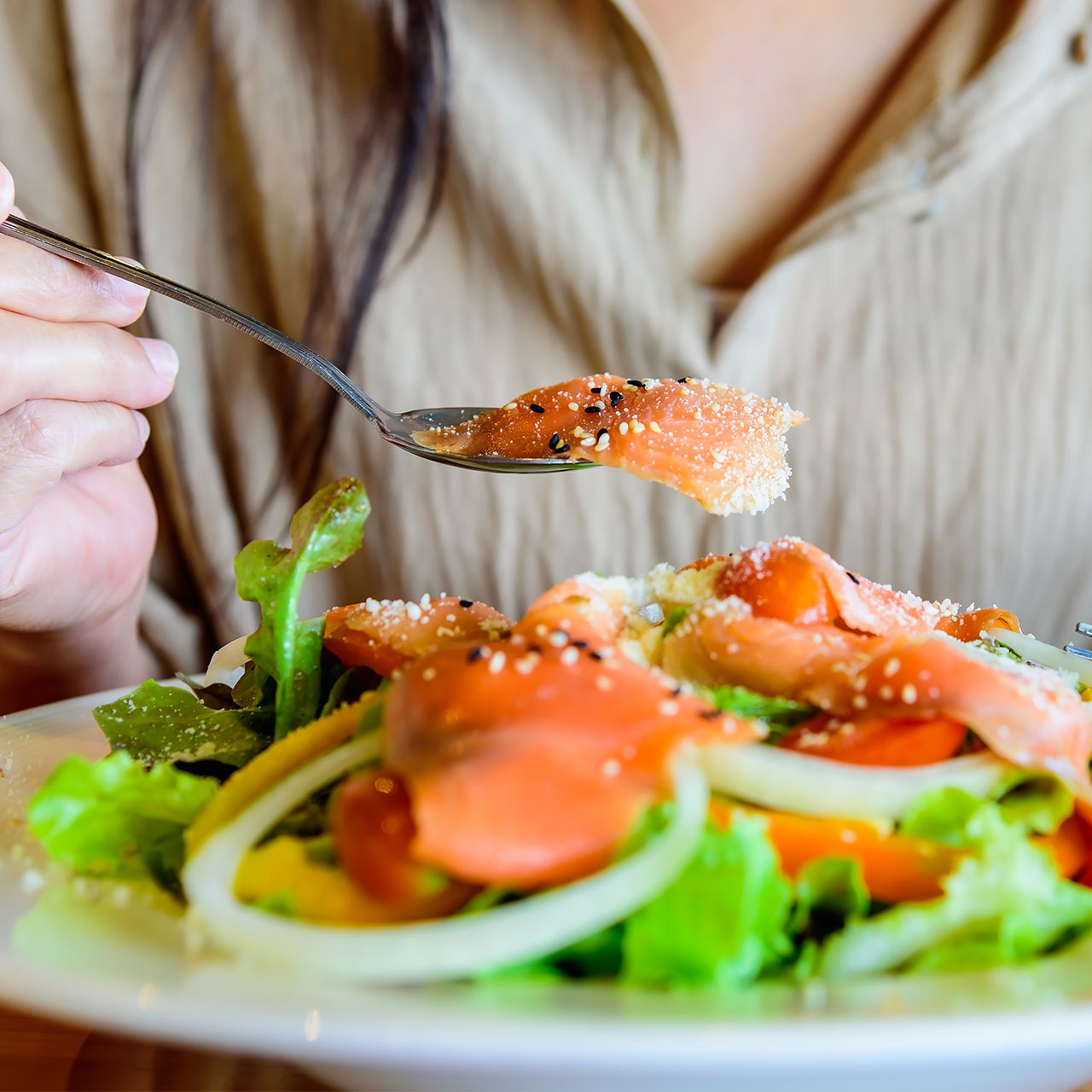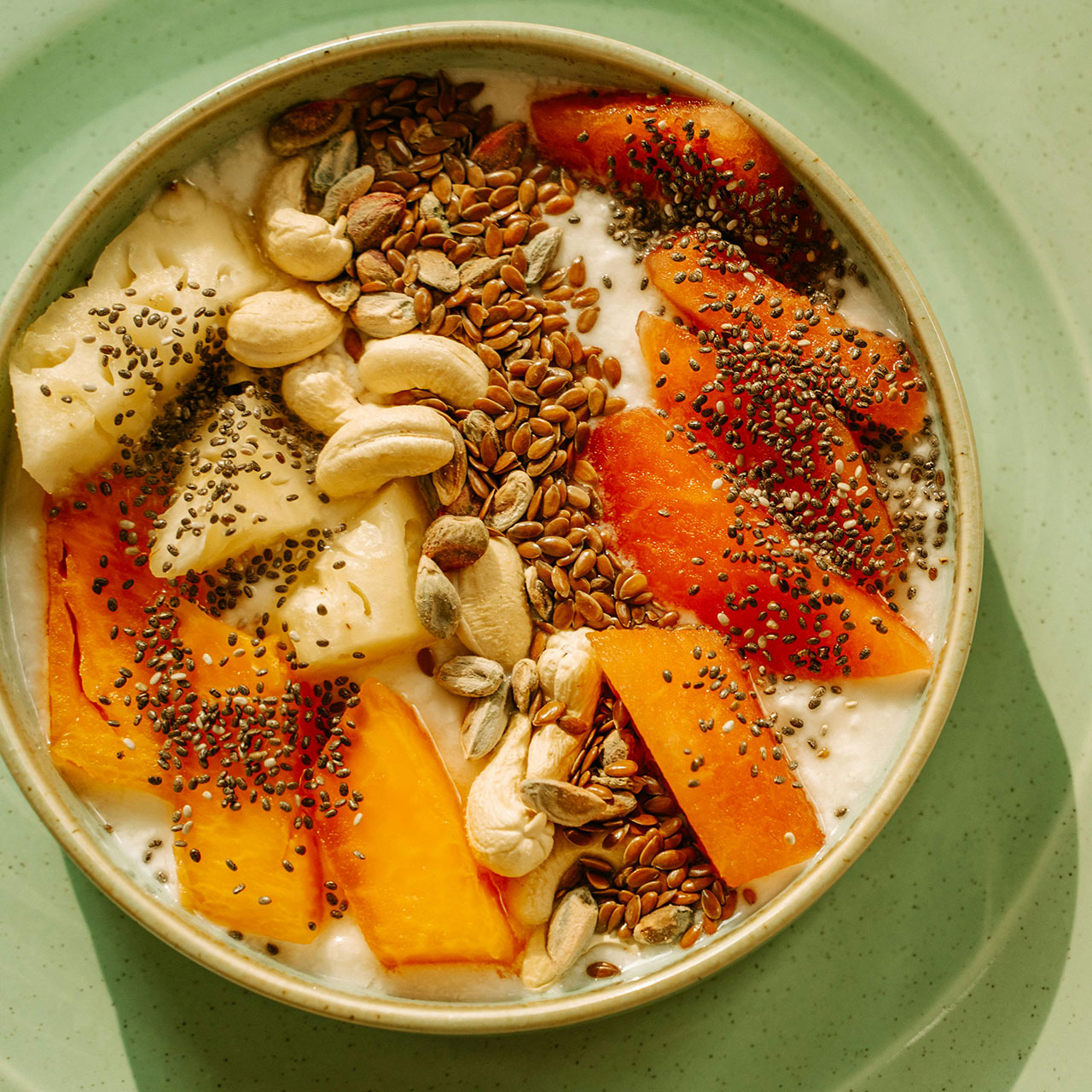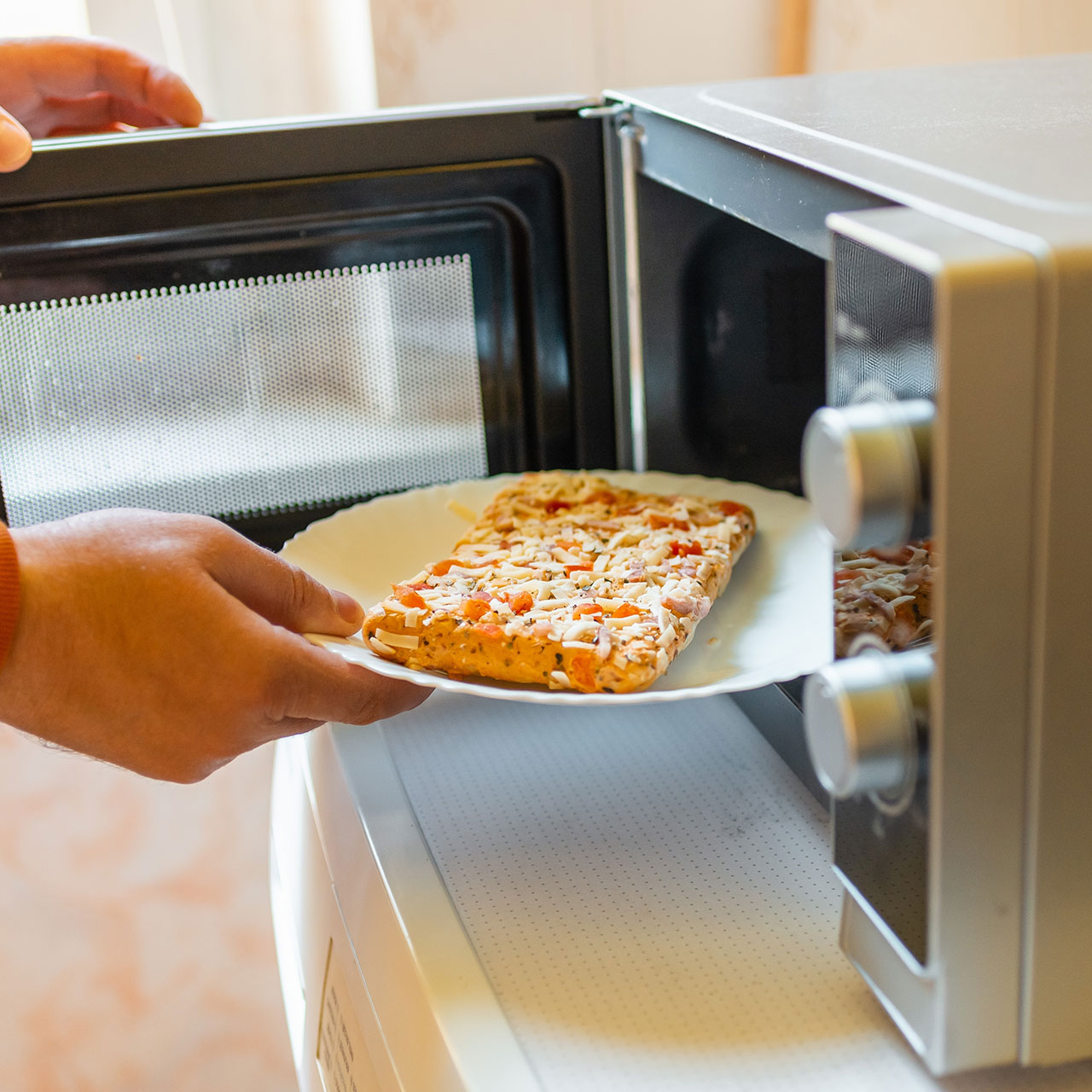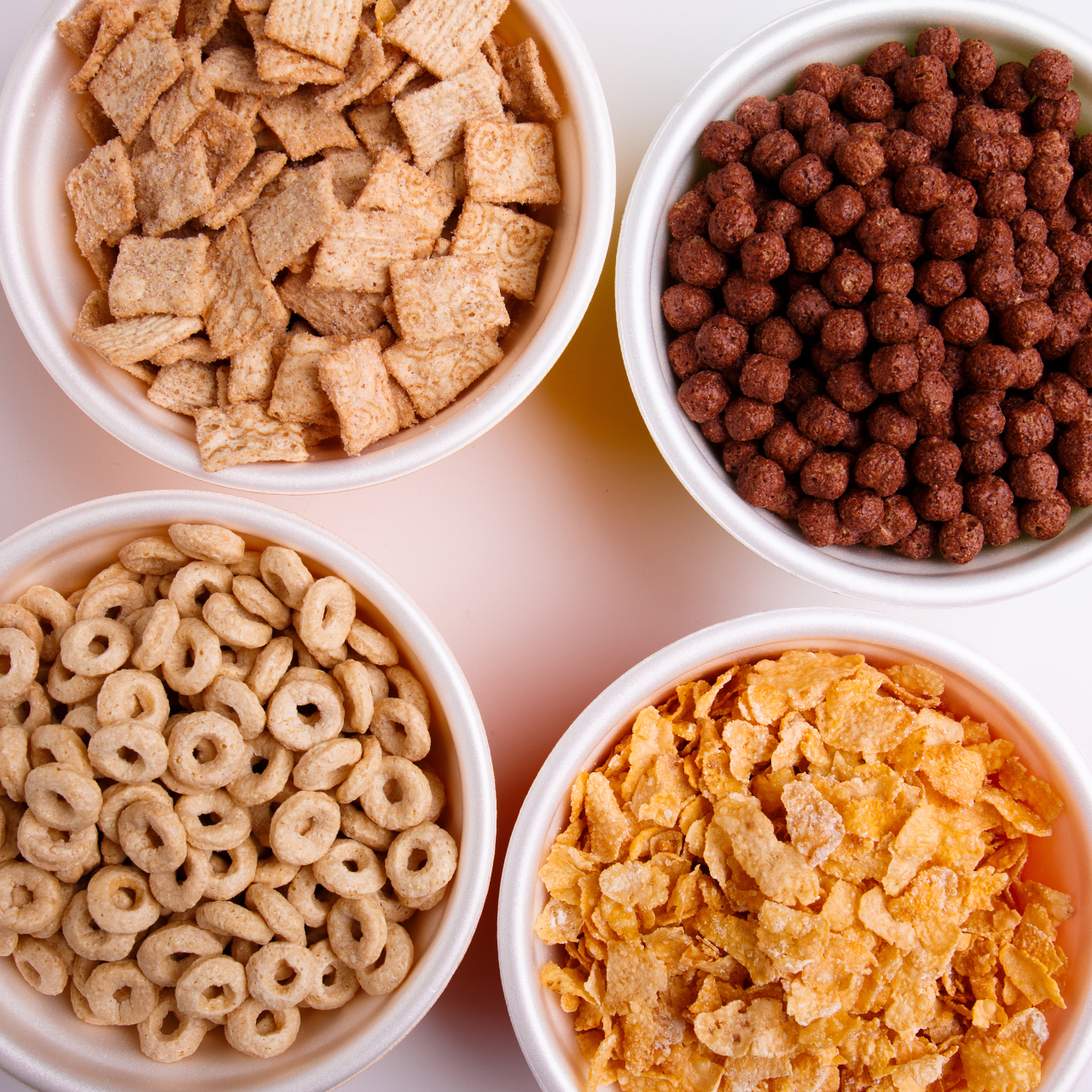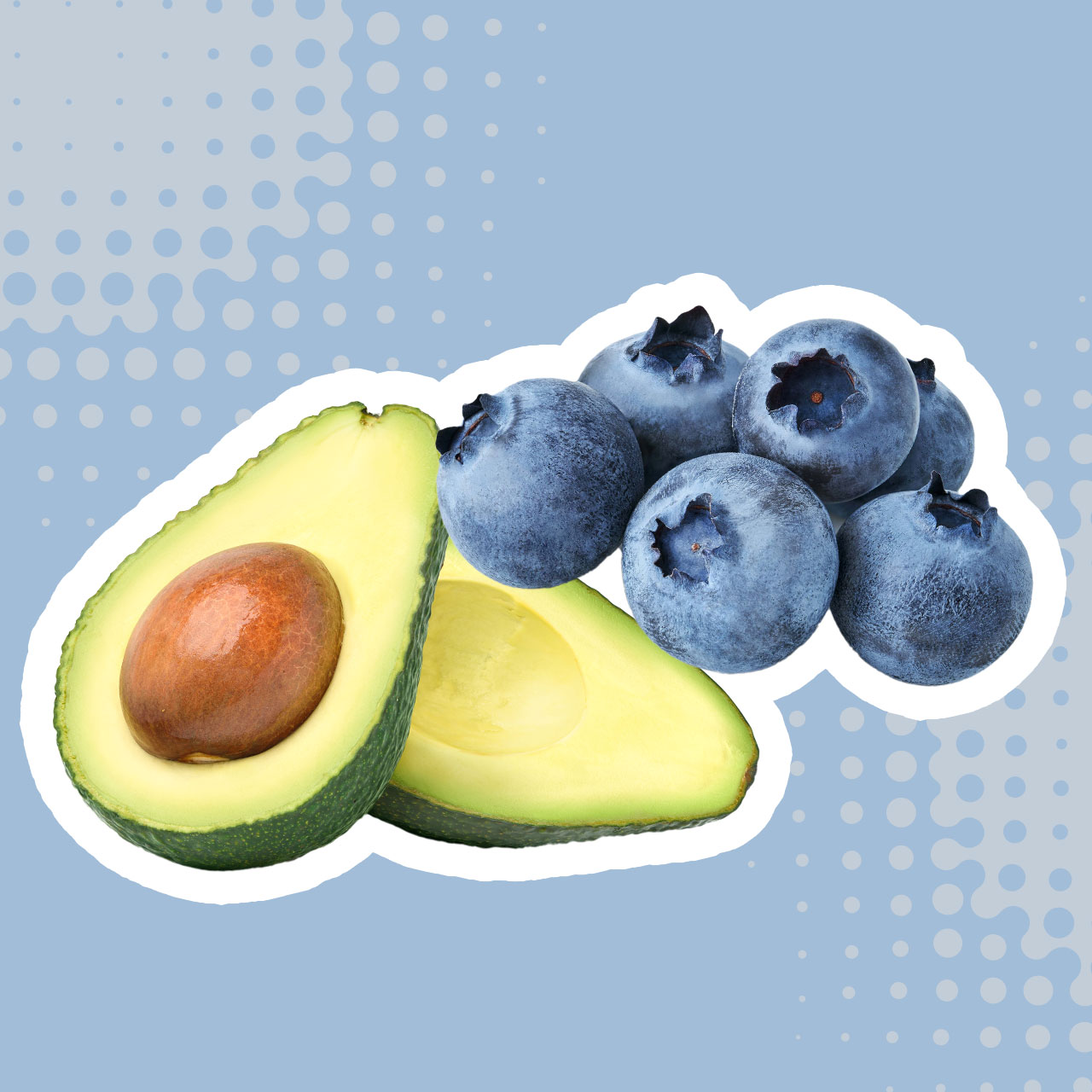This is an archived article and the information in the story may be outdated. Please check the time stamp on the story to see when it was updated last.
There’s a good chance that at least once in your life you’ve suffered from a bad bout of bloating. Whether it came from indulging a little too much at dinner or having a bad reaction to dairy, almost everyone has felt the frustrating discomfort of a distended belly. However, for some people, bloating is less of an occasional occurrence and more an everyday issue that seems to come without any cause at all. In those instances, it can be disheartening to feel as though there are no solutions to solve this issue wreaking havoc on not only your physical health, but in some cases your mental health as well.
While there are some hacks you can try to implement for treating chronic bloating in the short term, in the long run you will be better served to make some adjustments to your diet and overall approach to eating to serve the outcome you hope to see. If bloating is a constant struggle for you, this is the food that doctors recommended removing from your diet to relieve inflammation once and for all.

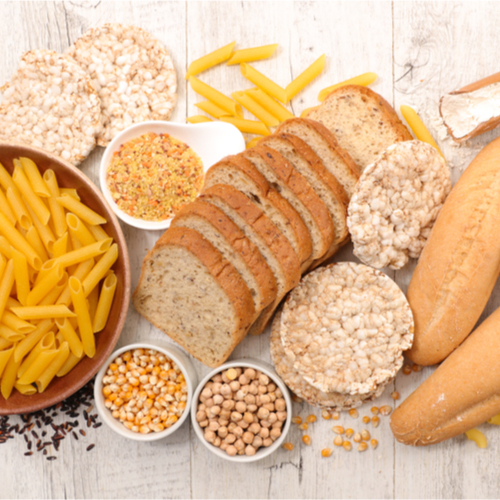
The primary cause of bloating is a buildup of gas in the intestines, often because your body is struggling to digest food. According to Marine Lipartia MD, it’s important to pin down your personal cause for bloating before you can know exactly which food to eliminate from your diet. “If one has Celiac disease, where the body is reacting to gluten that damages the lining of the gut, gluten-containing food would be the worst and should be eliminated. Otherwise, including in patients with IBS or IBD, FODMAP containing food has been frequently associated with bloating,” she explains.
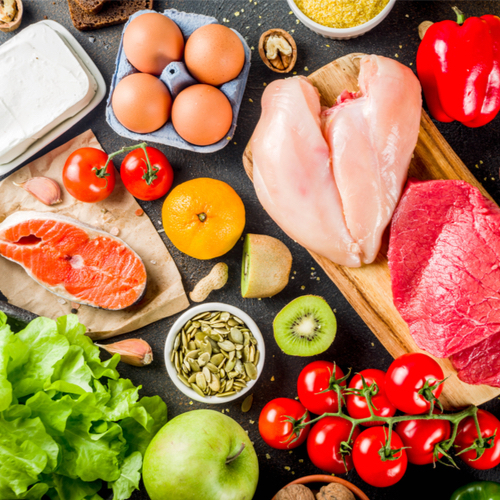
FODMAP is an acronym that describes the collection of compounds found in certain foods. These food groups include wheat, rye, legumes, lactose, fructose, and sugars. While this may seem broad, you can test out each group individually before eliminating them all at once in order to isolate the problem. Lipartia explains, “FODMAPS pass through the intestines and get digested towards the end of the gastrointestinal tract where bacteria feed on them and produce gas. It’s not the same kind of gas that causes flatulence. The gas produced by FODMAPS may cause bloating, abdominal cramps, diarrhea, and constipation in some individuals.” If this sounds familiar to you, it may be worth taking a closer look at your diet to pinpoint the issue. Even starting a food journal may help to recognize the problem more easily before eliminating it.

Although it may seem drastic to eliminate entire food groups, depending on the severity of your bloating it may be worth it. Fortunately, if you begin to follow a low FODMAP diet, Lipartia suggests a number of replacements for the foods that you could eliminate. She notes that you can enjoy corn, potato and brown rice instead of gluten, consider lactose-free milk and hard cheeses instead of heavy dairy, and favor oils, butter and peanuts to avocado and almonds.
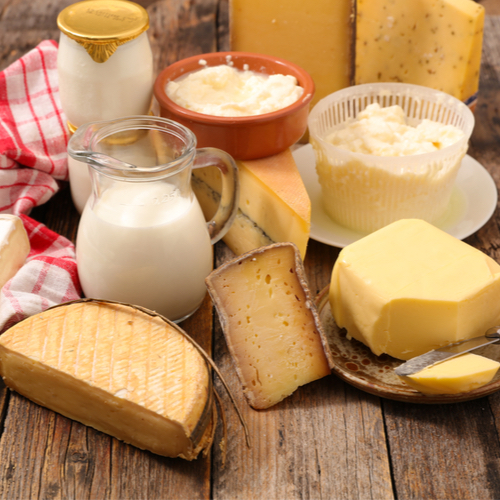
Bloating is painful and particularly frustrating when it seems to come out of nowhere with no simple solution. However, if it’s plaguing your daily function and is a constant burden, it may be worth eliminating certain food items or groups from your diet in order to allow your body to function at maximum capacity. Your quality of life does not have to suffer from bloating, and with a little extra effort and some dietary swaps you can feel your best each day without the frustration of inflammation.







